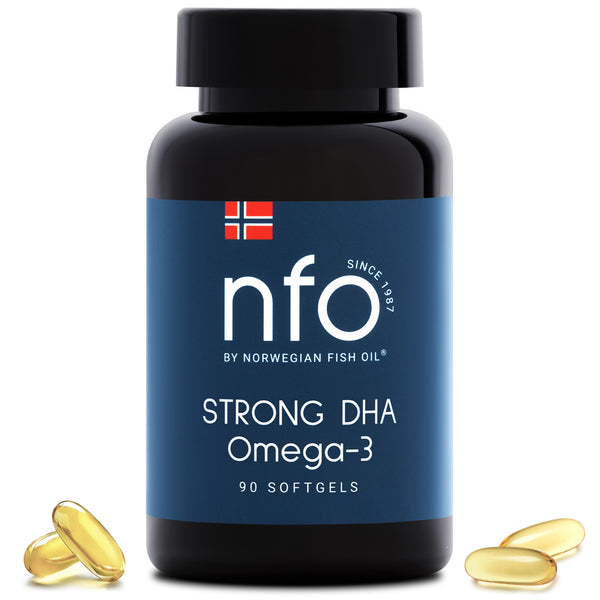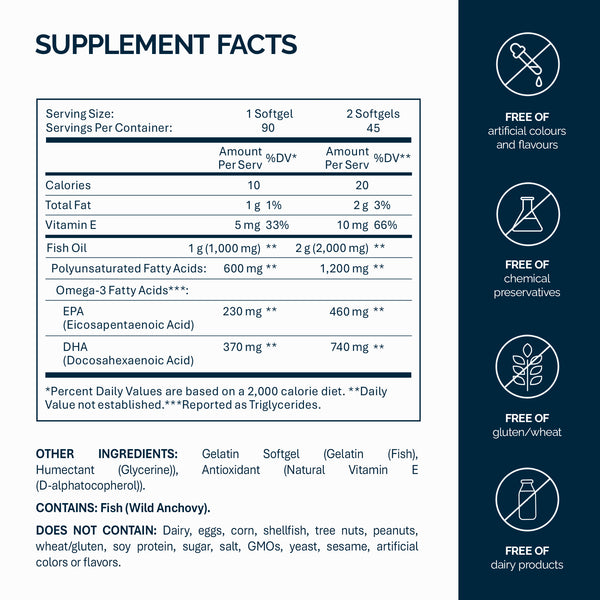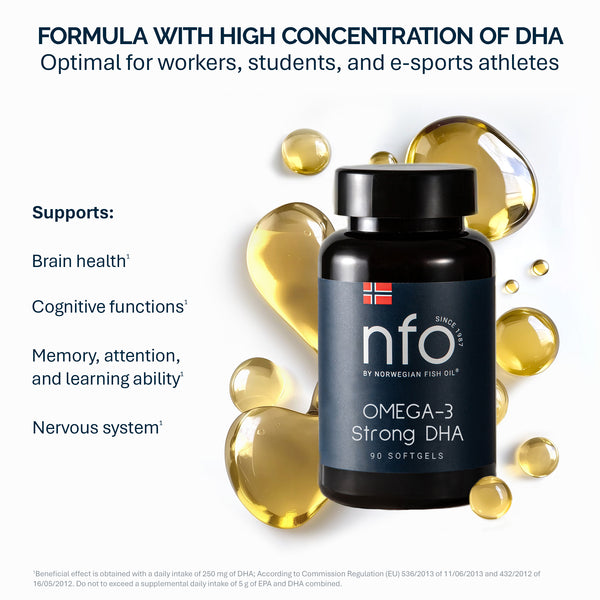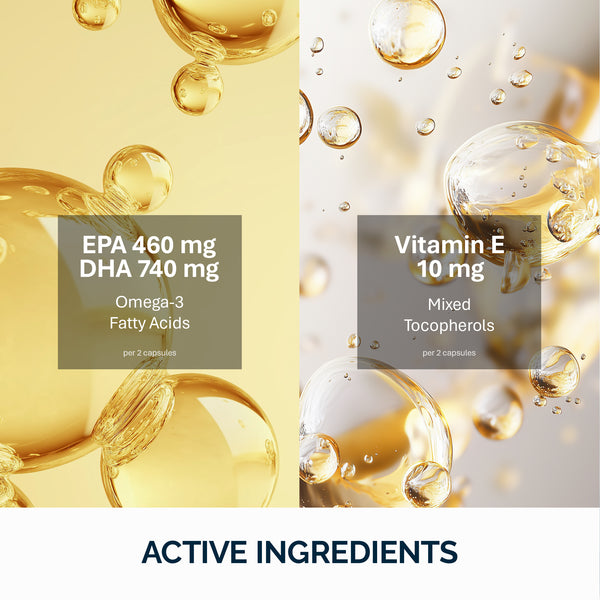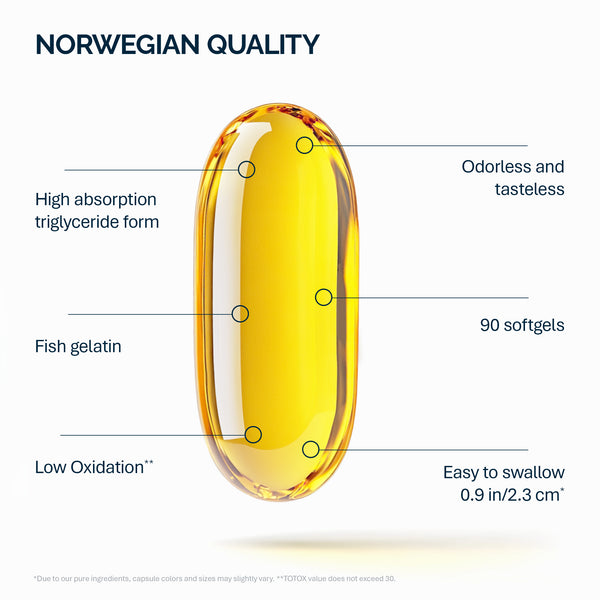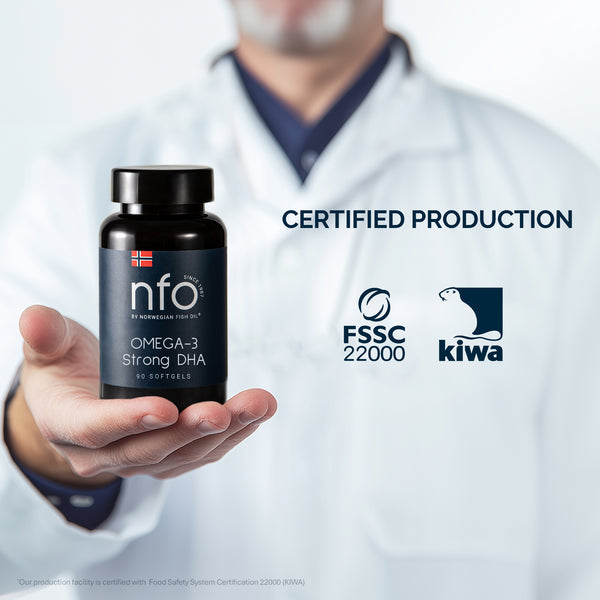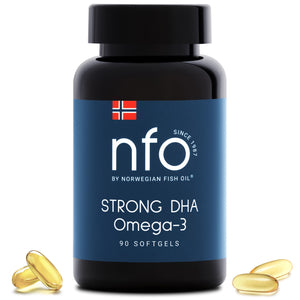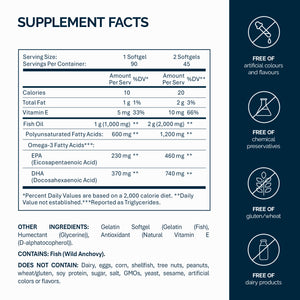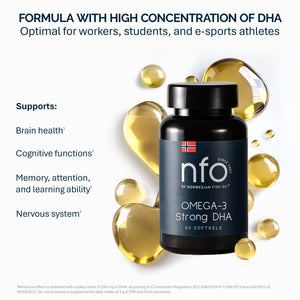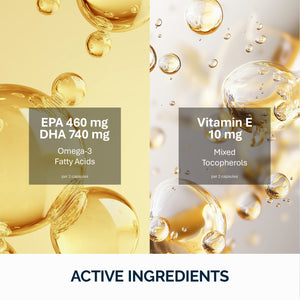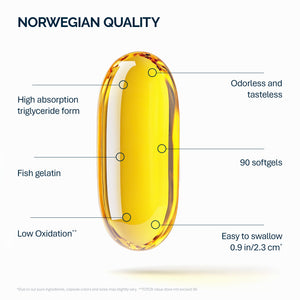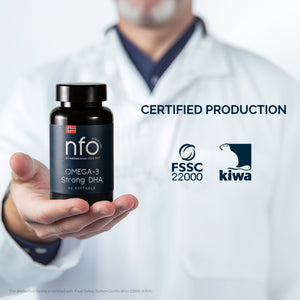
Docosahexaenová kyselina (DHA), omega-3 mastná kyselina, je klíčová pro udržení celkového zdraví. Vyskytuje se hojně v mořských zdrojích a získala si velkou pozornost díky své roli ve vývoji mozku, zdraví srdce a protizánětlivých vlastnostech. Tento článek zkoumá vědecké poznatky, benefity a nejlepší způsoby, jak DHA zařadit do svého jídelníčku.
Co je DHA?
DHA je polynenasycená omega-3 mastná kyselina, která se primárně nachází v rybím oleji, řasách a mateřském mléce. Je strukturální součástí buněčných membrán, zejména v mozku a sítnici. DHA hraje zásadní roli v kognitivních funkcích, zraku a celkovém zdraví buněk.
Zdravotní benefity DHA
1. Vývoj mozku a kognitivní funkce
DHA je nezbytná pro růst a funkční vývoj mozku u kojenců. Podporuje kognitivní zdraví po celý život, zlepšuje paměť a snižuje riziko neurodegenerativních onemocnění.
2. Zdraví očí
DHA je hlavní strukturální složkou sítnice. Dostatečné hladiny pomáhají předcházet zhoršení zraku a snižují riziko věkem podmíněné makulární degenerace.
3. Zdraví srdce
Pravidelný příjem DHA snižuje hladinu triglyceridů, snižuje krevní tlak a zabraňuje tvorbě plaku v tepnách, čímž podporuje kardiovaskulární zdraví.
4. Protizánětlivé účinky
Protizánětlivé vlastnosti DHA zmírňují příznaky chronických onemocnění, jako je artritida a zánětlivá onemocnění střev.
5. Zdraví matek a kojenců
Během těhotenství je DHA zásadní pro vývoj mozku a sítnice plodu. Suplementace prokazatelně zlepšuje porodní výsledky a kognitivní vývoj kojenců.
Zdroje DHA
DHA se získává především z mořských zdrojů, jako je losos, makrela, sardinky a doplňky stravy na bázi řas. Pro ty, kteří nekonzumují ryby, jsou alternativou obohacené potraviny a vejce s přidanou DHA.
Jak zařadit DHA do svého jídelníčku
- Konzumujte tučné ryby alespoň dvakrát týdně.
- Pokud dodržujete rostlinnou stravu, používejte doplňky stravy s DHA na bázi řas.
- Zařaďte do jídelníčku produkty obohacené o DHA, jako je mléko nebo vejce.
Doporučený příjem
Doporučený denní příjem DHA se liší podle věku a zdravotního stavu. Pro dospělé se doporučuje 250–500 mg kombinace EPA a DHA. Těhotné a kojící ženy by měly cílit na vyšší dávky pro podporu vývoje plodu a kojence.
Možná rizika a opatření
DHA je obecně bezpečná, ale nadměrný příjem může vést k vedlejším účinkům, jako jsou poruchy srážlivosti krve nebo zažívací potíže. Osoby užívající antikoagulační léky by se měly před suplementací poradit se svým lékařem.
Závěr
DHA je základním pilířem dobrého zdraví, přispívá k pohodě mozku, očí i srdce. Když znáte její benefity a zařadíte ji promyšleně do svého jídelníčku, můžete naplno využít její potenciál pro zdravější a energičtější život.
Reference
- Carlson, S.E., & Colombo, J. (2009). DHA and neurodevelopment in infants. American Journal of Clinical Nutrition, 89(2), 523S-528S. DOI: 10.3945/ajcn.2008.26692G.
- Harris, W.S., et al. (2012). Omega-3 fatty acids and cardiovascular health. Journal of Clinical Lipidology, 6(1), 5-18. DOI: 10.1016/j.jacl.2011.11.003.
- Innis, S.M. (2008). Dietary omega-3 fatty acids and brain development. Nutrition Reviews, 66(12), 724-731. DOI: 10.1111/j.1753-4887.2008.00123.x.
- Koletzko, B., et al. (2007). DHA during pregnancy and lactation. American Journal of Clinical Nutrition, 85(3), 626S-632S. DOI: 10.3945/ajcn.2007.20199B.
- Lauritzen, L., et al. (2001). DHA and cognitive function in children. Journal of Pediatrics, 139(1), 26-34. DOI: 10.1016/S0022-3476(01)20187-4.
- Swanson, D., et al. (2012). Omega-3s and human health. Advances in Nutrition, 3(1), 1-15. DOI: 10.3945/an.111.000893.
- Vannice, G., & Rasmussen, H. (2014). Health benefits of omega-3s. Nutrition Today, 49(4), 153-165. DOI: 10.1097/NT.0000000000000034.
